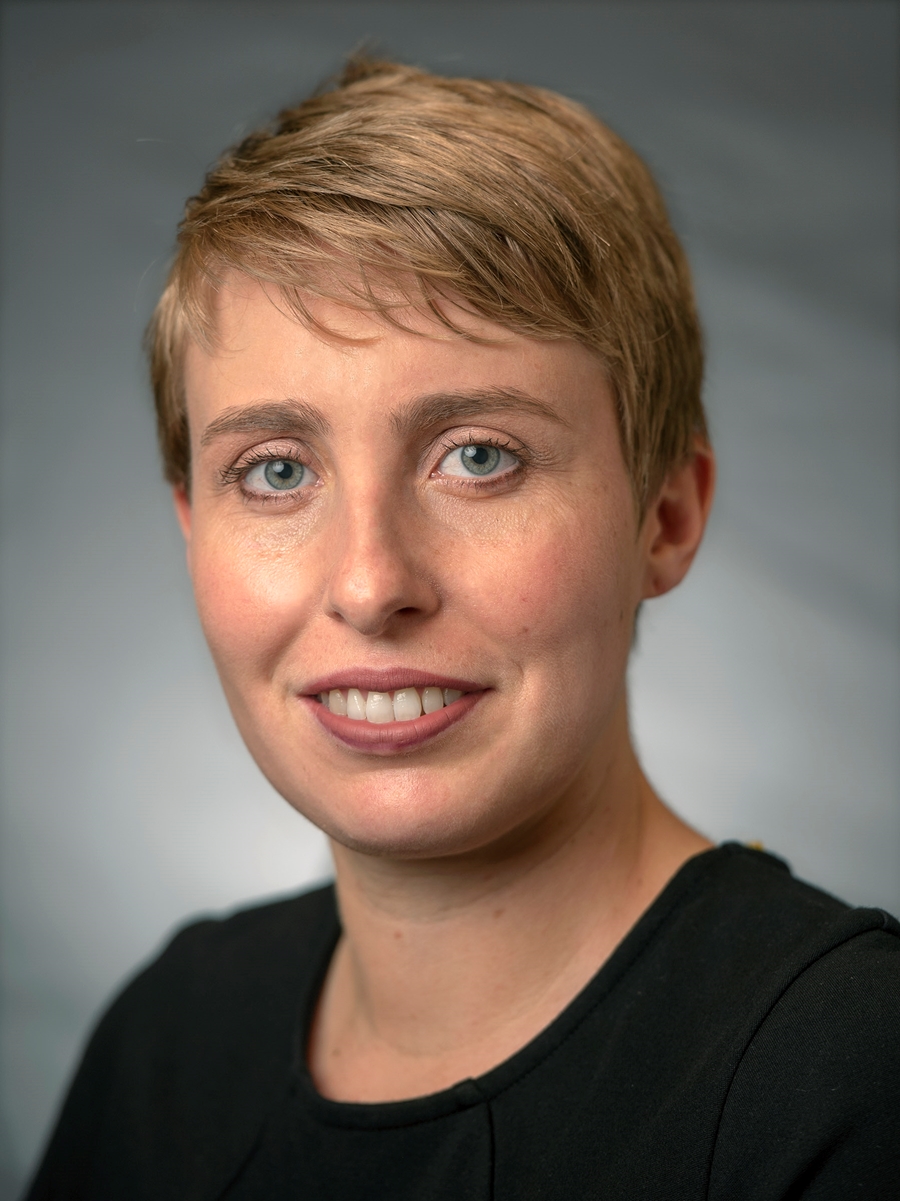Katrina Yeaw, assistant professor of history at the University of Arkansas at Little Rock, will give a free public lecture entitled "Sexuality in Libya from the Late-Ottoman Period to the Collapse of Empire" at 6:30 p.m. Wednesday, Feb. 12, in Gearhart Hall (GEAR) Room 26 on the Fayetteville campus of the University of Arkansas.
The official version of Libyan nationalism under the government of Muʿammar al-Qaddafi highlights the valiant struggle of the Libyan people against Italian colonialism. Although the official ideology of resistance claimed to be universal, the image of the resistance is almost always a masculine figure of a Bedouin fighter, and colonialism is represented as a masculine, and at times violent, interaction pitting male Italian colonists, soldiers and administrators against colonized men.
By using sexuality and colonialism as a window into social relationships in North Africa, Yeaw's project traces the history of interactions and intimate encounters between the native population of the Libyan territories and Europeans, highlighting the experiences of Libyan women during the transformation of Libya from a province of the Ottoman Empire to a territory under Italian colonial rule. In her lecture, Yeaw will examine the parallels between elite Ottoman, Libyan, and Italian attitudes about sexuality, and gender disparities in the policing of sexuality.
Yeaw received a Ph.D. in modern Middle Eastern and North African history from Georgetown University in 2018. Her research interests include gender, race, colonialism, violence, memory, law, resistance and collaboration, and colonial and post-colonial literature.
Her current manuscript project, Women, Resistance and the Creation of New Gendered Frontiers in the Making of Modern Libya, 1890-1980, examines the gendered transformations in the territory that became Libya from the late Ottoman period until post-independence, focusing on the multiple ways in which Libyan women interacted with the modernizing Ottoman, Italian, British, and later, Libyan states.
This lecture is presented by the King Fahd Center for Middle East Studies, the Department of History and the Gender Studies Program at the University of Arkansas' J. William Fulbright College of Arts and Sciences.
Learn more about the event on its Facebook page.
About the King Fahd Center for Middle East Studies: The King Fahd Center for Middle East Studies is an academic and research unit in the J. William Fulbright College of Arts and Sciences at the University of Arkansas, dedicated to the study of the modern Middle East and the geo-cultural area in which Islamic civilization prospered and continues to shape world history. More information about the King Fahd Center can be found at mest.uark.edu. For ongoing news, follow the Center on Facebook and Twitter.
Topics
Contacts
Nani Verzon, project/program specialist
Middle East Studies Program
479-575-2175,
